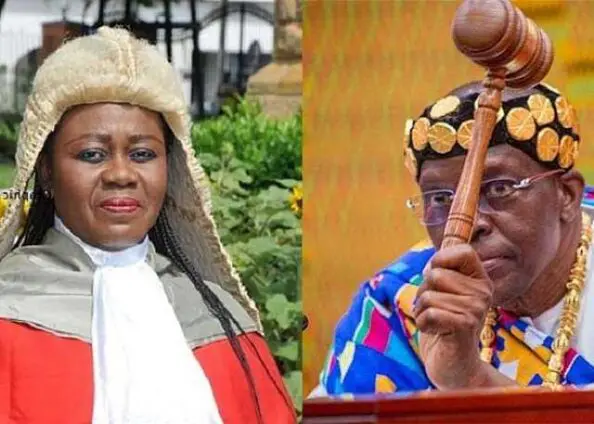The Center for Civic Engagement and Governance (CCEG) has urged the Mahama administration to expedite processes to allow for the election of Metropolitan, Municipal, and District Chief Executives (MMDCEs) to help strengthen decentralisation.
The civil society organisation believes the current decentralisation architecture does not translate to meaningful development which the Local Governance Act, 2016 (Act 936) envisages.
Although the Act lays out a robust legal framework for administrative and political decentralisation, the people at the local level do not enjoy proper accountability because the MMDCEs becomes loyal to the appointing authority other than the people.
In a statement, analysing the loopholes in the current local governance structure, Co-founder of CCEG, Wesley Owusu, argued that the centralised approach “weakens local ownership and accountability because it creates a situation where MMDCEs are more loyal to the appointing authority than to the people they are meant to serve.”
Below is the statement;
Decentralisation and Development: What’s Missing?
For over three decades, Ghana has touted decentralisation as a critical pathway to equitable development, local empowerment, and democratic deepening. Successive governments have pledged commitment to strengthening local governance structures. Yet, the results have been mixed at best. One cannot deny that some progress has been made.
Local governments now exist in all districts, and District Assemblies are legally mandated to plan and execute development. But
the deeper question remains: Why hasn’t decentralisation translated into meaningful development outcomes for most Ghanaians? What’s missing? At the heart of Ghana’s decentralisation architecture is the Local Governance Act, 2016 (Act 936), which lays out a robust legal framework for administrative and political decentralisation.
It gives Metropolitan, Municipal, and District Assemblies (MMDAs) legislative and executive authority over their areas and mandates them to ensure the overall development of their jurisdictions. But
the law is only as good as its implementation and therein lies the problems.
1. Political Decentralisation in Limbo
One of the most glaring gaps is the lack of full political decentralisation. Ghana still appoints Metropolitan, Municipal, and District Chief Executives (MMDCEs) through presidential nominations. This centralised approach weakens local ownership and accountability because it creates a situation where MMDCEs are more loyal to the appointing authority than to the people they are meant to serve.
The proposed amendment to allow the election of MMDCEs, a policy that gained traction under President Akufo-Addo, was suspended indefinitely. However, there is renewed hope. President John Dramani Mahama has taken a bold step to revisit the election of MMDCEs as part of his decentralisation and governance reform agenda. If implemented, this could finally break the cycle of top-down control and bring the needed change that allows local democracy to flourish.
2. Inadequate Fiscal Decentralisation
While Assemblies are expected to mobilise resources locally, they remain heavily dependent on central government transfers such as the District Assemblies Common Fund (DACF) and theDistrict Development Facility (DDF).
These funds are often delayed, inadequate, or subjected to political discretion. The result? Unrealised projects, budget distortions, and underperformance in local development indicators. Under Section 126 of Act 936, MMDAs are required to prepare composite budgets, but without timely and predictable financing, these plans remain on paper. Moreover, the Internally Generated Funds (IGF) are limited in most districts due to weak local economies and poor compliance.
[pdf_embed url=”https://myxyzonline.com/wp-content/uploads/2025/07/Decentralisation-and-Development-Whats-Missing.pdf”]





